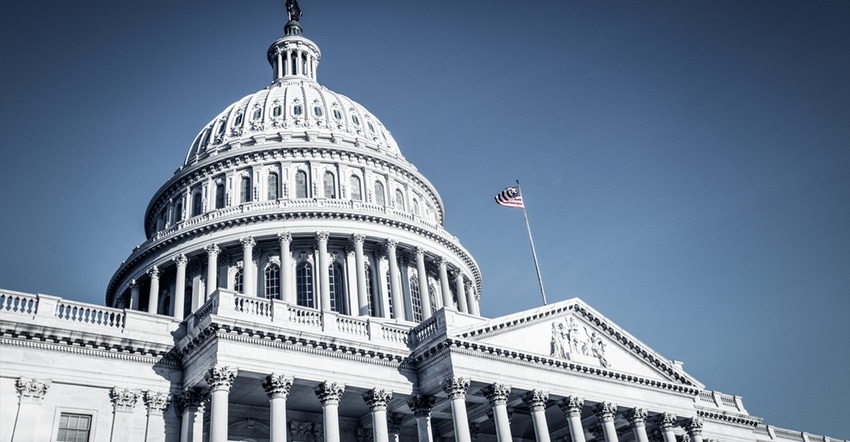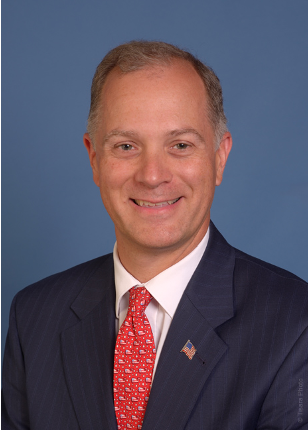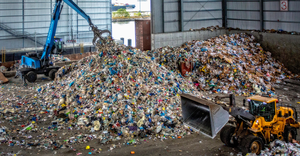The Importance of Being Politically Involved

The need for the waste and recycling industry to be involved in the political process is stronger than ever. New challenges and opportunities are coming out of Washington every day. It is not enough just to be engaged in lobbying and educational activities if we are to be effective in advancing the industry’s interests.
Lawmakers say constituent grassroots mobilization is the most effective way to accomplish your goals. The industry must commit to elevating itself into a political force to be reckoned with. If we do not, we risk the self-fulfilling prophesy of being the “$100 Billion Invisible Industry” that is overlooked and forgotten by legislators when we need their attention the most.
The waste and recycling industry must employ every tool available to us, including facility tours and ride-alongs for elected officials and candidates; grassroots calls to action; voter registration drives; Get Out the Vote (GOTV) efforts; and political contributions from association and corporate political action committees (PACs) to key congressional candidates. Used effectively, such activities put power in the hands of the industry. As a voting bloc, we can have a powerful voice in shaping the outcome of legislation and oversight of regulators.
Facility tours of your operations and ride-alongs are some of the most effective ways to initiate or build relationships with your federal, state and local lawmakers. These are an excellent way for them to increase their understanding of the waste and recycling industry and your company’s importance in the community. Legislators can see firsthand your facility’s operations and how legislative and regulatory issues affect your business.
Your guests will have the opportunity to view aspects of the operations that they have only read or heard about previously. They can begin to develop a deeper understanding of the workers, procedures and equipment that are integral parts of a waste and recycling operation.
These demonstrations can be springboards to discuss current issues with the lawmakers such as suspending the Federal Excise Tax on heavy vehicles, the need to increase domestic capacity for recyclable materials or making the roads safer for our workforce. These topics can be further illustrated by pointing out potential impacts on specific functions of the site, providing the legislators with “up-close-and-personal” perspectives on the issues.
Above all, use these visits to build relationships. Stay in frequent touch with legislators and find ways to develop the relationships into personal and political friendships that add value to you and your company throughout the lawmakers’ careers.
When legislators consider a policy issue, what often matters to them is not the perception of how the general public perceives an issue but whether there is a mobilized group of citizens who care intensely about the issue and are likely to act on their views. Therefore, the needs of constituents are placed high on the lawmakers’ list of priorities. When the waste and recycling industry mobilizes in response to a grassroots call to action and speaks with a loud, clear voice, we cannot be ignored.
GOTV is another key part of the puzzle, and that starts with making sure people are registered to vote. Research has shown that employees consistently list their employer as the most credible source of information about political issues and elections affecting their job, company and industry. Ensuring they are registered, informed and given the details on the how, when and where to vote is critical.
Once again, the National Waste & Recycling Association (NWRA) will be participating in Employee Voter Registration Week, which is being held September 21-25. NWRA will be hosting a free webinar on September 21, which will highlight how the industry can engage in voter registration during the era of COVID-19.
While political participation by no means guarantees specific outcomes, supporting those candidates who share our values and positions on the issues helps ensure that our industry has allies in elected office who are open to our point of view. This, however, requires having the resources to invest strategically in key races.
NWRA PAC was created in 2018 to ensure that the industry has an open door with members of Congress by supporting those candidates who are already sympathetic to our positions on the issues. Whether it is an NWRA member delivering a PAC check and attending a campaign fundraiser in a representative’s home district or NWRA lobbyists hosting an event for a senator in Washington, these offer opportunities to make the industry’s case directly to elected officials.
A strong, well-funded NWRA PAC is essential to building and cultivating the relationships the industry needs to drive an advocacy agenda that meaningfully impacts important policy decisions. NWRA PAC’s board of directors along with association staff have crafted a strategic giving plan to put NWRA in the position to participate with these key decision makers.
It is important to remember that both patience and persistence are essential in the development of working relationships with legislators. Opportunities may develop through local or state business associations, local civic or charitable organizations or local and state political functions. Relationships initiated through such meetings can evolve quickly into relationships that permit discussion of waste and recycling industry concerns.
You cannot wait for problems to arise before you reach out to your legislators – by then it may be too late. Just remember, any public or official function is an invitation and opportunity to build these relationships that are important to your company and your industry.
About the Author(s)
You May Also Like




